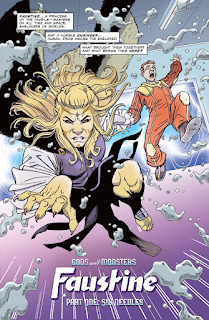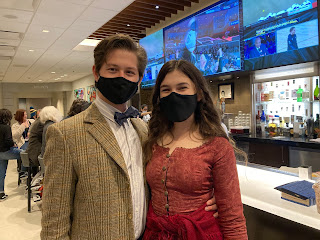 With an introduction by Stephen Volk
With an introduction by Stephen Volk
“Magic always stops at midnight,” says the doomed narrator in the title story of Stephen Gallagher’s career-spanning collection, Comparative Anatomy, but while that may be true, the reader will find no end to the magic in these thirty astonishing tales by one of Britain’s most distinguished writers.
From the inimitable postwar melancholy of a forlorn ghost bound to the house in which it died in “Twisted Hazel,” and a common man’s misguided attempt to temper grief in “Shepherds’ Business,” to the unsettling demands of an overbearing family desperate to reap the rewards of vicarious fame in “Little Dead Girl Singing” and the collision of disparate personalities among wicked children and bizarre religion in “The Butterfly Garden,” Comparative Anatomy is as much a meditation on what it means to be alive as it is an exploration into what may await us when we die.
Herein you’ll find stories that explore the very nature of ghosts and how often it is us, and not those we’ve lost, who do the haunting, as the lines blur between the paranormal and the pathological, and all manner of characters from time travelers to clairvoyants, priests to serial killers, and thieves to ventriloquists, find their souls laid bare by spectral encounters and the sinister desires of man’s own fractured psyche to know what comes next.
Comparative Anatomy includes two original tales, a novelette, “The Backtrack,” and a short story, “Live from the Morgue,” written especially for a collection by an author at the height of his power as one of the premier dark fantasists of his generation.
Limited: 1000 signed numbered hardcover copies. Available for preorder.
Special Offer: Those who preorder Comparative Anatomy from SubPress will receive an ebook of the original novelette, "Hounded," about which the author writes:
A big old house with a private forest; what better place for Charlie to play host to his godson, their partner, and two dogs in their time of need? But Charlie should beware. The rescued know that security, once found, is not to be given up lightly.
















































